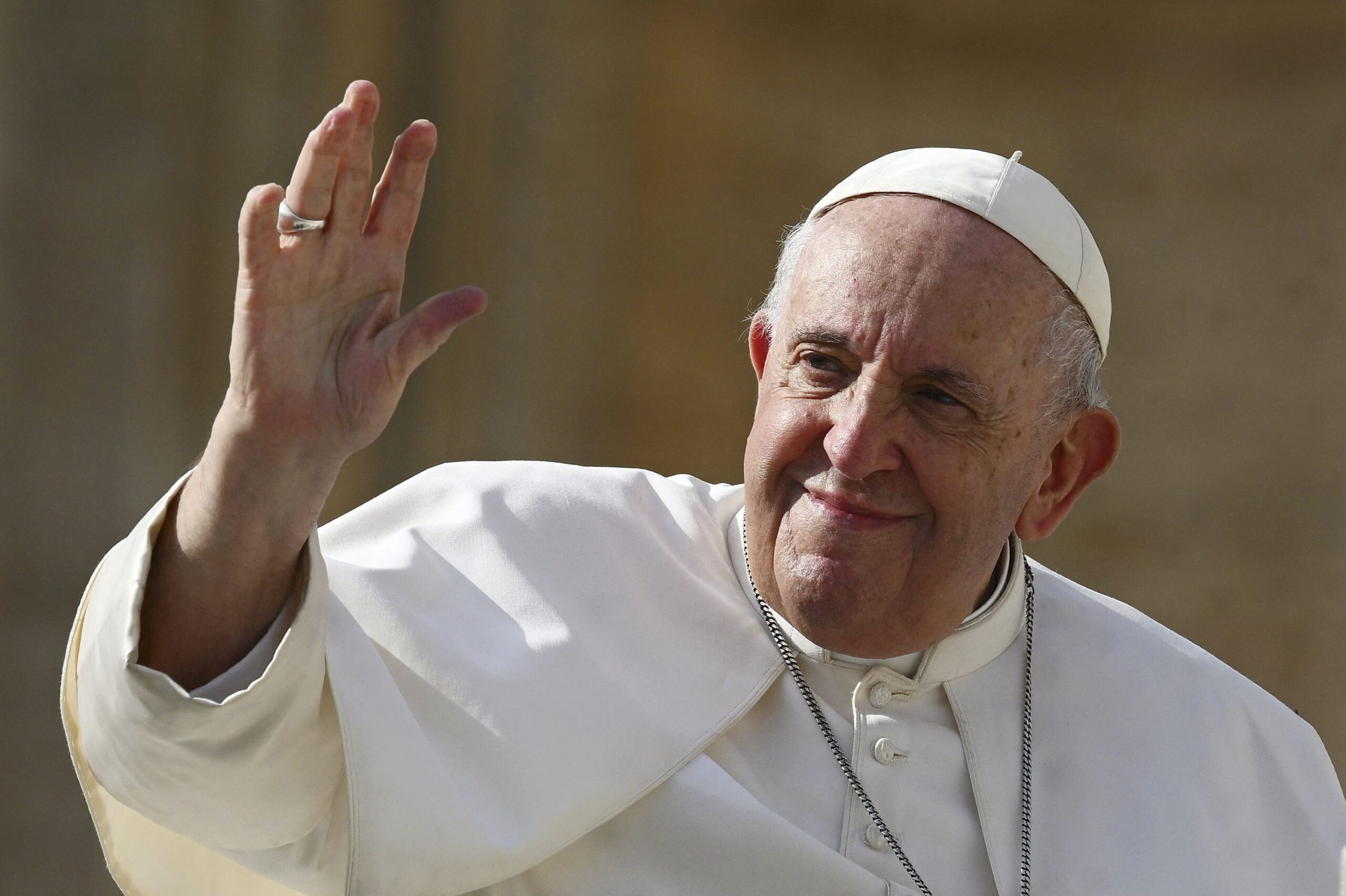By Maria-Nefeli Andredaki,
As mentioned in my previous article, Judith Butler states that the anti-gender movement has progressively gotten more prominent in society, affecting governmental decisions, policies and the everyday lives of people, whatever their gender identity may be. In order to better understand this obsession with creating fear and hatred, we need to explore the Church’s attitude and actions toward this issue, which, more often than not, lead to decisions that oppress gender and sexual minorities.
In the 1990’s, the Roman Catholic Council for the Family is the main propagator of the anti-gender movement. Also known as the Pontifical Council for the Family, this Vatican organization was the first to promote the idea of the emergence of a dangerous “gender ideology” that would threaten and destroy the traditional family. In 2004, the council was directed by Joseph Ratzinger, who later became Pope Benedict XVI and supported that the reason why gender endangered the family was because family roles and the division of labor derive from biology; women are supposed to adhere to the domestic sphere while men need to carry the weight of providing. Of course, this would be interrupted if the “phantasm” of gender influenced people into believing that gender roles don’t have to be so exclusive. Pope Benedict was a firm believer that “gender ideology” was targeting feminine values, with the purpose of erasing the “natural distinction between the two sexes”.

One of the reasons why the Church opposes gender theory and views it as an imminent threat is the dogma that God is the Creator of all life. The distinction of the two sexes and their roles is made according to his image and any tampering with it is the equivalent of humans taking on the role of God on earth. And this, of course, is considered blasphemy. For many Christians, natural law is tantamount to divine will, so any action that alters what is established by nature, i.e. biological sex, automatically defies God. Also, part of the dogma is the “complementarity” of the sexes; there need to be distinctions for marriage to be complete and reproductive.
The counterargument to this is that, first and foremost, sex is not binary since intersex people exist. To claim that biologically there are only two distinct sexes that are complimentary to each other is just not scientific. And if we take into account the “destined for reproduction” part, how is someone’s sex affected if they are unable to procreate? Are they less male or female? Should a woman who is physically unable to become pregnant or carry a pregnancy to term still maintain a domestic role, even if she doesn’t have any children to raise? If sex is immutable and gender is irrevocably tied to it, then something is not adding up.
Pope Francis, who is considered the most progressive one thus far, once referred to gender theory as “nuclear arms”, displacing the very realistic fear of destruction and annihilation and putting it into something that actually promotes critical thinking and acceptance. Instances like the above should really make us question why someone, a powerful person or an institution, would use their influence to discourage research, critical thinking and promote hateful ideas that target a small and disadvantaged part of the population.
Reference
- Judith Butler. “Who’s Afraid of Gender?” Farrar, Straus and Giroux. USA. 2024




